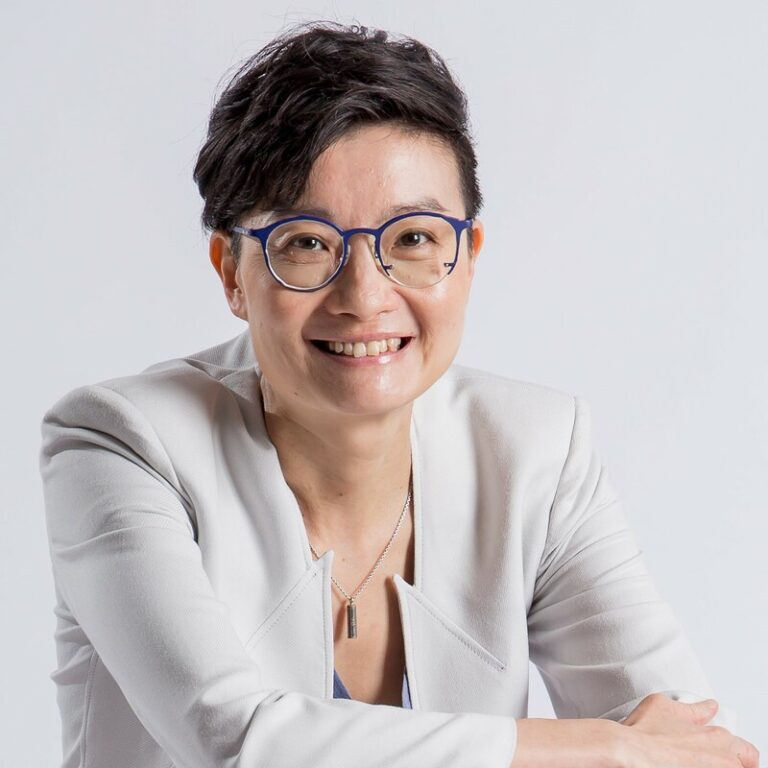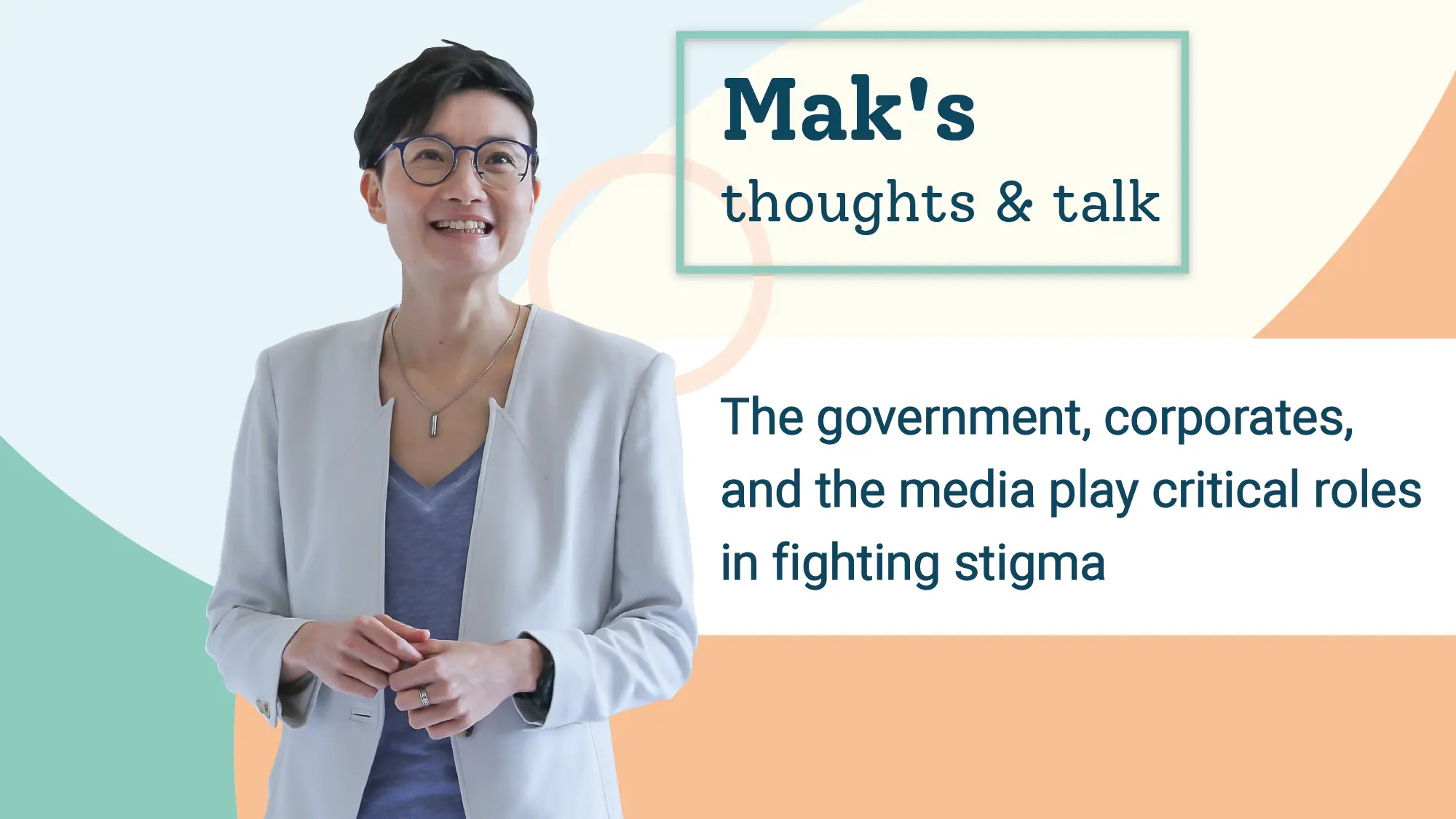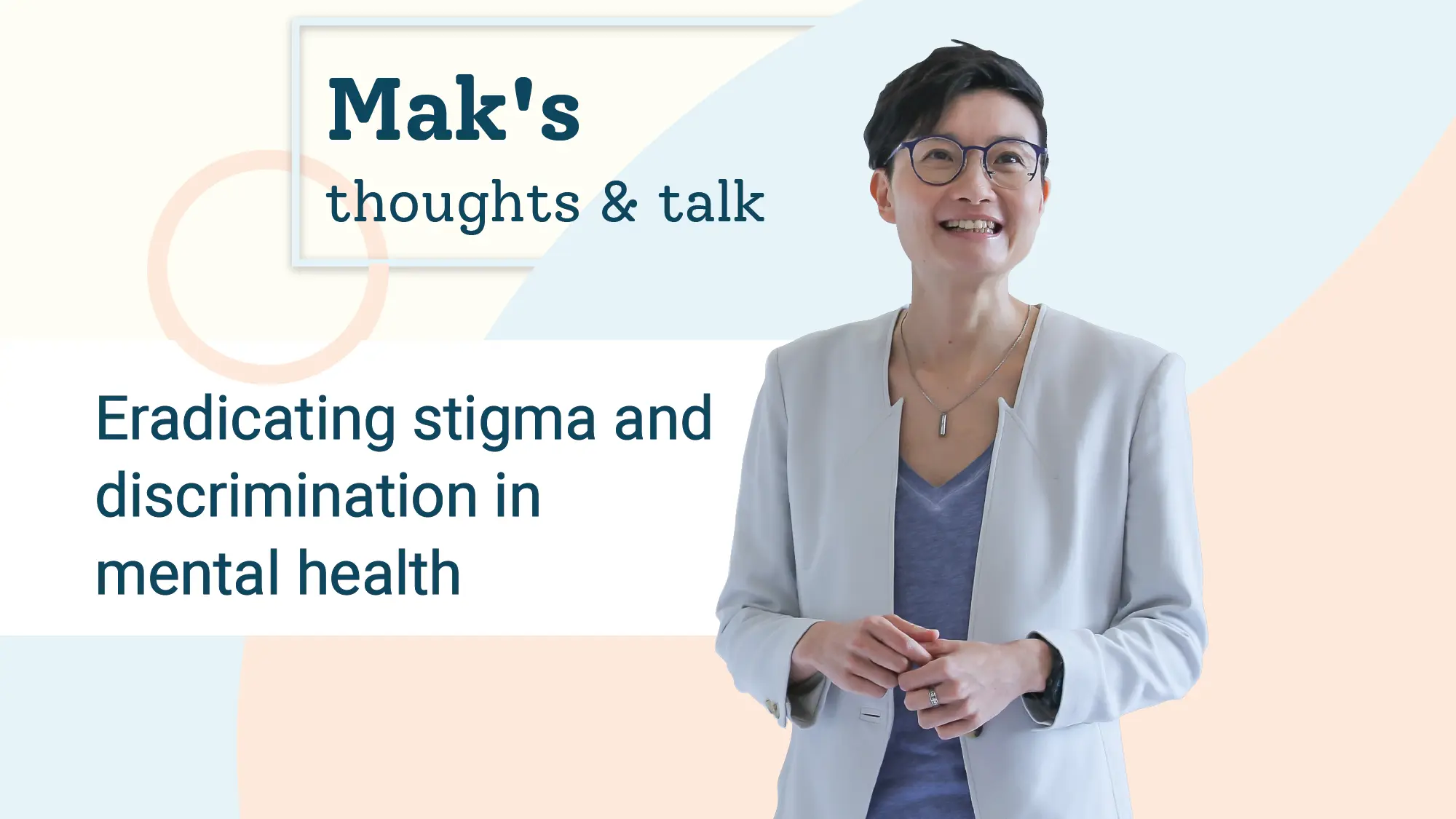"Isn’t it selfish to always talk about self-care?” Many people may think that self-care is a purely inward process as we observe ourselves, understand, and respond to our own needs. Although self-care is a journey of internal exploration, does it mean we are cutting off from the environment and being selfish?
When I was living in the United States, I was treated unkindly because of my race and ethnicity. Feeling bewildered and puzzled, I seethed with questions like "Why am I being looked down upon or looked up to just because I am different from others? Where does this discrimination come from? Am I supposed to deal with the plight by practicing self-care and being more resilient?" I have been looking for answers, but that piece of the puzzle is still missing.
Until I learned about community psychology and Buddhism and came across the ecological systems theory developed by Urie Bronfenbrenner. The convergence of psychology and Buddhist philosophy expanded my perspectives in understanding and appreciating the relationships between ourselves, other people, and the environment, and how we are all interrelated. Through these realizations, I believe that every person has the power to make changes in the society, and each of us can shape our world and make it a better place.
This steers my research.
A brief overview of the Ecological Systems Theory
Let me briefly introduce the Ecological Systems Theory, a theory that has a profound influence on me. The theory emphasizes that individuals are not isolated, and each of our actions can create rippling effects across different layers of the environment, including:
The innermost layer: Microsystem, encompasses the relationships and interactions we have with the immediate surroundings, including family, work, school, friends, and the community.
The second layer: Mesosystem, is the connection and interactions between family, work, friends, and community, such as collaboration between parents and schools, the impact of social groups on us, etc.
The third layer: Exosystem, refers to the larger social system which we do not function directly. Parent workplace schedules or community-based resources for families are examples. We may not be directly involved at this level, but one is influenced by it.
The fourth layer: Macrosystem, refers to culture, subculture, social environment, and the cultural milieu that prevail in the above three systems, such as mass media, politics, law, and the broad ideologies that shape what we prioritize in life.
The chronosystem involves the development of individuals that changes over time as we grow older and experience different stages of life, such as puberty, pursuing higher education, work, retirement, and changes that occur over generations.
We are all in it together
This theory helps me to appreciate that all relationships are a two-way street. We interact and influence each other and the environment. To maintain a healthy state of our body and mind, it depends on whether the environment provides us with a fertile ground to grow and develop; and everyone has the power to nourish this environment. We cannot blame everything on an individual person and expect this person to make all changes alone, when each of us is being influenced by each other, various systems and cultures, and the environment.
That’s why we often say "you are not alone" because we are in this together in this planet earth. We have reciprocal influences on each other, meaning no person is an island in this interconnected world.
Buddhism's philosophy also taught me the concept of "dependent co-arising", which refers to the fact that everything exists under certain causes and conditions and everyone is a evolving product of numerous mutually influencing factors and circumstances. Like a flower, without suitable condition of sunlight, humidity, and soil, it will slowly wither and die.
Self-care doesn't mean being selfish
With interconnectedness, practicing self-care is bound to involve the connection with others and the environment. For instance, if your way of self-care is listening to a song, it consists of different elements such as lyrics, melody, musical arrangements, interpretation by the singer, and your own mental state and circumstances, , the combination of these conditions give you moments of resonance. Another example, if you hike up a hill to enjoy nature, the sound of the flow of water, the wind that blows on your face and body, the sky, be it looking blue or grey, , whether the sky is blue or grey, they all depend on various environmental factors, such as the extent of littering, the level of air pollution, the urban planning policy that determines whether the land is reserved for flowers or buildings, and the fact that you protect this place out of love and care is already a manifestation of interconnectedness.
Going back to our question - Is it selfish to take care of ourselves? I believe that self-care is not about pursuing self-interest. Instead, by taking care of ourselves, we learn to be more aware of how one is intertwined with others, with institutions, with the society, and realize our humanity. To me, self-care is interdependent; when I take good care of myself, I am also taking care of others; carees can also be a support to their carers. If everyone embraces this perspective, we may be able to germinate a greater sense of kindness and generosity towards ourselves and others so that we can make this world a better place.
Self-care is about making conscious choices
A colleague once said, "It is so tiring to practice self-care if it requires so much consideration". Actually, it is not as hard as we thought. As mentioned, if we believe that even the tiniest act can trigger a ripple effect on our surrounding environment, then self-care does not have to be big and complicated. Small steps such as cultivating self-awareness, listening to our inner voice, and identifying what is important to us can be a starting point for self-care.
For example, some people spend their life working hard to take care of their families, yet if it is not their core value but driven by obligations and social expectations, they may end up feeling resentful and losing their motivation. Self-care is about making conscious choices and taking a moment to ask ourselves, “How am I doing now? Do my actions consistently align with what I want? How can I balance between my needs and responsibilities?" Loving ourselves is also loving others and maintaining healthy relationships with ourselves, others, and the world.
The aim of Tourheart+ is to support everyone in taking care of themselves and their mental health in the context of interconnectedness. This year, we will explore the topic of self-care from different perspectives through this year’s theme of "Me – Us – Community – Me." We hope that you will join us in starting from within and extending our care to others.





